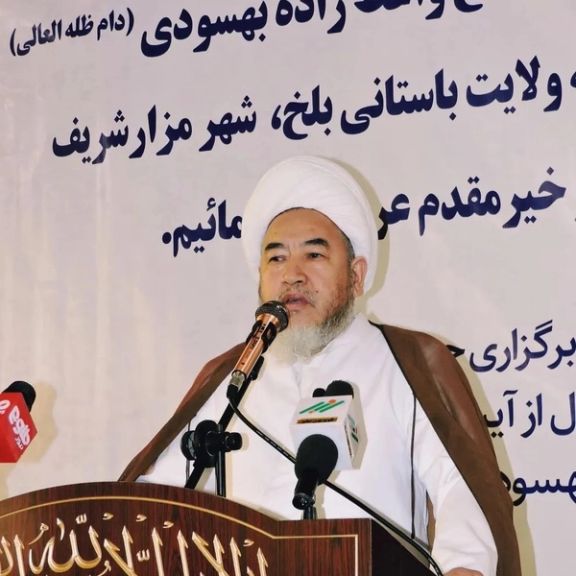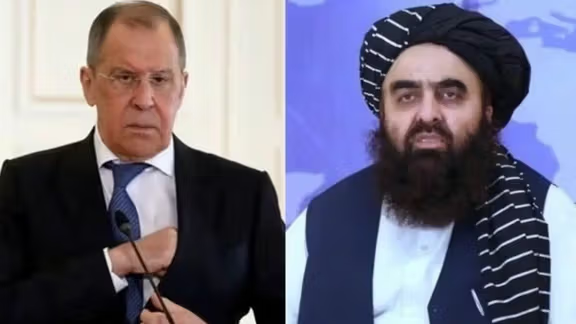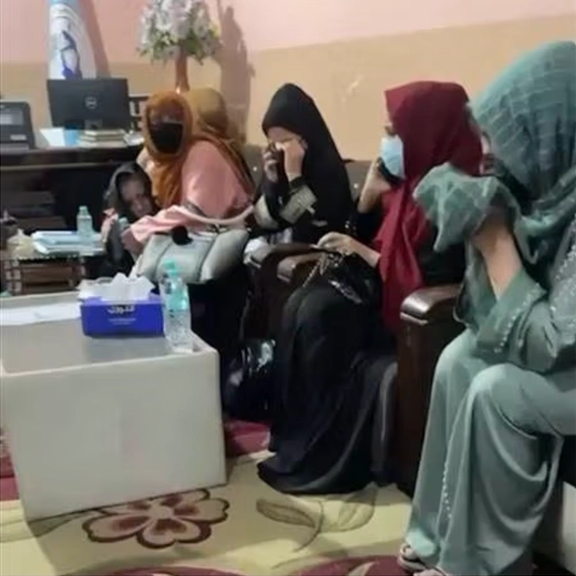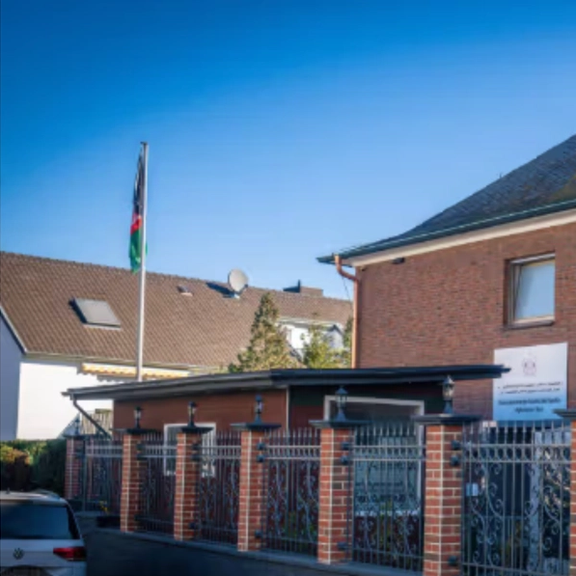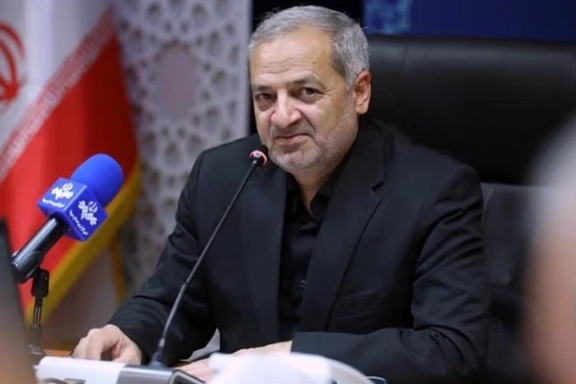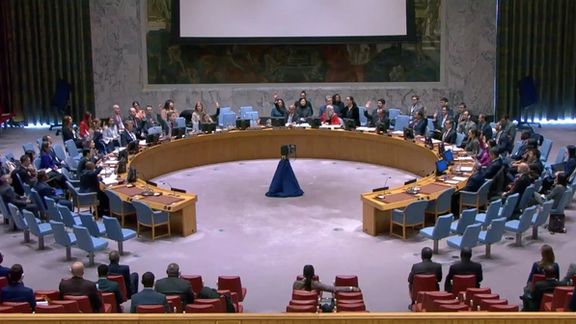The campaign is reportedly being supervised by Mullah Shirin, the Taliban governor of Kandahar and a trusted aide to Akhundzada.
Sources told Afghanistan International that Mullah Shirin traveled to Kabul approximately 10 days ago to oversee the enforcement of the Taliban’s morality code. Shortly after his arrival, a high-level meeting was convened, attended by officials from the Ministry for the Propagation of Virtue and Prevention of Vice, the Interior Ministry, and Akhundzada’s representatives. The meeting focused on implementing strict dress codes for women in the capital.
Following the meeting, a directive was issued to enforce mandatory hijab rules more strictly across Kabul. Sources said Akhundzada had received reports indicating that Kabul’s Interior Ministry was not fully cooperating with the enforcement of religious laws, prompting him to send a delegation led by Mullah Shirin to address the issue.
According to sources, internal disagreements exist within the Taliban ranks, particularly between officials in Kandahar and the Haqqani network, over the implementation of these policies.
The delegation led by Mullah Shirin also reportedly traveled to Balkh, Badakhshan, and other provinces to inspect local enforcement of religious laws.
Earlier, Taliban forces in Kandahar detained nearly 400 men for shaving their beards or having Western-style haircuts during a similar campaign.
Since reclaiming power in 2021, the Taliban has issued a series of restrictive edicts, particularly targeting women, as part of a broader effort to remove them from public and civic life.
In recent days, dozens of women and girls have been arrested in several neighborhoods of Kabul, prompting widespread concern among families and rights advocates.

